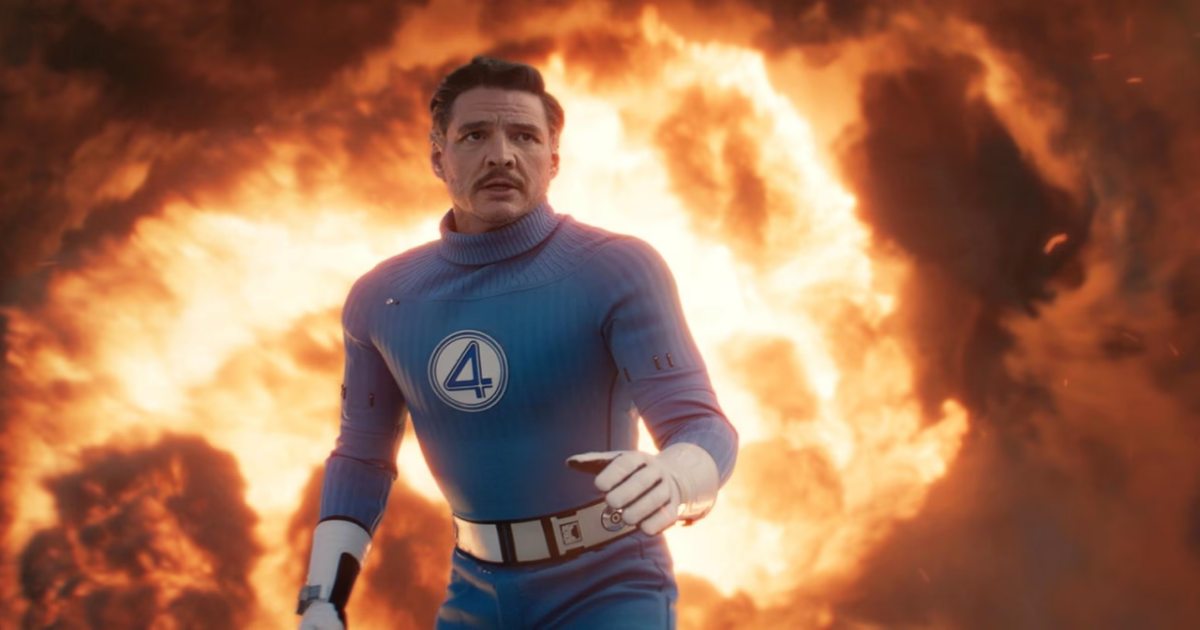In “The Fantastic Four: First Steps,” a makeshift family of superheroes must stop a space god named Galactus from eating planet Earth. There are harrowing trips into space, fierce battles and explosions aplenty, but the most riveting spectacle here is the unusual backdrop — a midcentury modern milieu somewhere between Stanley Kubrick’s “2001: A Space Odyssey” and the cover of an Esquivel album.
Instead of fretting over the fate of humanity, you might be thinking: “What a gorgeous sunken living room. They even have those Eero Saarinen tulip chairs. And look, they put the Pan Am logo back on the MetLife Building before destroying it!”
If you liked “WandaVision,” the boldly retro Marvel miniseries directed by Matt Shakman, you will certainly enjoy his new feature film. For comic book fans, “Fantastic Four” is an important moment, a reboot of a beloved superhero crew following several flubbed attempts. For the rest of us, though, this “Fantastic Four” will feel like an only slightly novel twist on a familiar-feeling genre.
Among its strong points are several excellent actors in the whimsical main roles — four astronauts who returned from space with rejiggered DNA. Reed Richards (Pedro Pascal), a levelheaded scientist now known as the stretchable Mister Fantastic, is married to Sue Storm (Vanessa Kirby), aka Invisible Woman. Her brother, Johnny (Joseph Quinn), has become the Human Torch, while their friend Ben Grimm (Ebon Moss-Bachrach, “The Bear”) is now a walking rock pile called The Thing. Living together in a space-age pad that Hugh Hefner would give his last robe for, they welcome baby Franklin, son of Reed and Sue, who might have powers of his own.
Sue may not be the first working superhero mom (see: “The Incredibles”), but she’s surely the first to give birth in space — and in zero gravity, yet. (Hers is a curiously if blessedly blood-free labor). The screenplay, by Josh Friedman and others, does well to raise the stakes: Galactus (Ralph Ineson) will spare Earth in exchange for the baby. Reed, ever the pragmatist, understands why most citizens think that’s a good plan: “It’s mathematical, it’s ethical and it’s available,” he tells a horrified Sue.
As cool as all the JFK-era space suits may be, “Fantastic Four” suffers from the usual trappings of its genre: Too many characters (Paul Walter Hauser plays the underexplained Mole Man while Julia Garner brings dignity to the absurd Silver Surfer), a problem with scale (shouldn’t a planet-eater be bigger than his meal?) and a finale you’ve seen many times before. Like DC’s new “Superman,” Marvel’s “Fantastic Four” spells out the plan for tomorrow’s superhero movies: more of the same. Mathematical and available, indeed.
